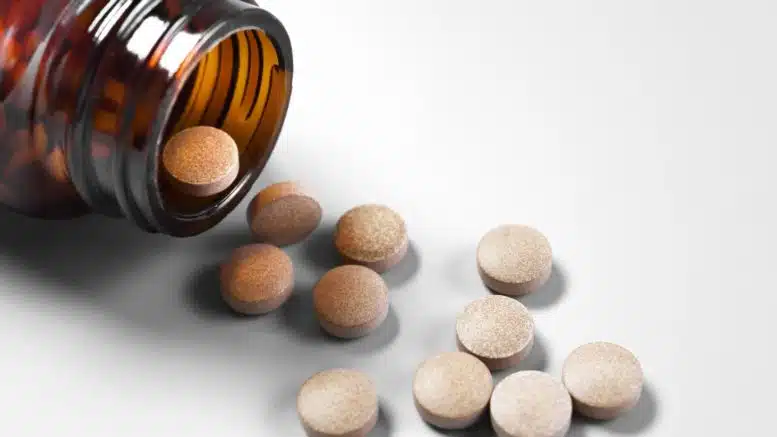A recent study published in Nature Immunology indicates that patients who later developed long COVID exhibited issues with the regulation of blood iron levels, including anemia, as early as two weeks after experiencing acute COVID-19 infection. This finding suggests a potential link between low iron levels and the onset of the chronic condition.
The study, conducted by researchers who analyzed blood samples from 214 patients through the Cambridge Institute of Therapeutic Immunology and Infectious Disease, spanned a period of 12 months following the initial infection. Participants provided multiple blood samples during this time frame, allowing researchers to track changes in iron levels and inflammation markers.
According to the findings, the regulation of inflammation and iron levels after acute infection appeared to influence the development of long COVID. Those individuals who exhibited slower regulation and had more severe initial infections were at a heightened risk of experiencing long-term COVID-19 symptoms.
The authors of the study explained that iron dysregulation commonly occurs after infections, as the body swiftly moves iron out of the bloodstream to prevent it from becoming a breeding ground for harmful bacteria. However, prolonged iron depletion can lead to decreased efficiency in oxygen transport and affect metabolic processes and energy production, ultimately posing challenges for both red and white blood cells.
Among the study participants, elevated levels of the iron-regulating hormone hepcidin were observed, particularly in those with moderate to severe COVID-19 cases during the initial two weeks post-infection. This elevation is indicative of inflammatory anemia, characterized by low levels of oxygen in the blood.
The participants were categorized into five groups based on the severity of their COVID-19 symptoms, ranging from asymptomatic cases to severe infections requiring ventilation. Analysis of blood samples collected over various time periods revealed prolonged elevation of inflammatory markers in individuals who required minimal supplemental oxygen, compared to healthy controls or those with mild symptoms.
The authors noted that there was limited evidence of systemic inflammation or disruptions in iron levels among asymptomatic or mildly symptomatic participants. However, they emphasized the potential significance of iron dysregulation and hypoxia in perpetuating immune dysfunction, impaired viral control, and inflammation associated with severe acute COVID-19 cases.
Furthermore, the study authors suggested that fatigue and exercise intolerance, common symptoms in long COVID, could be linked to poor iron regulation. They proposed that iron supplementation during the acute phase of COVID-19 infection might be beneficial and could potentially serve as a treatment strategy for long COVID.

